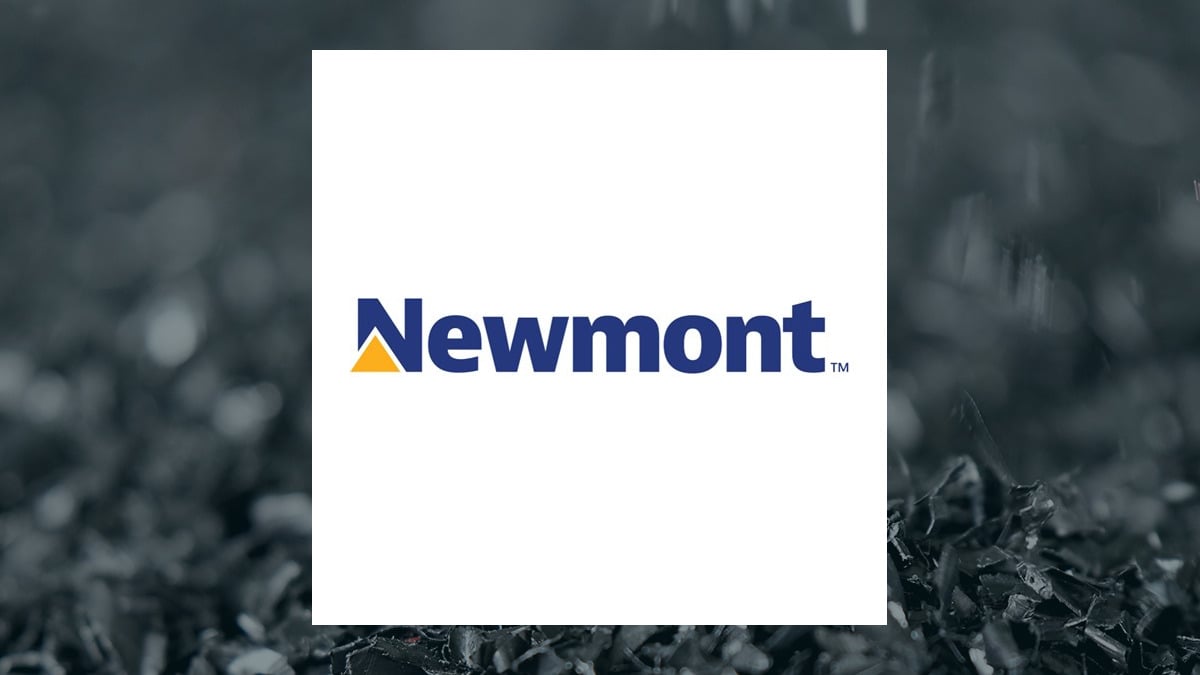
Financial Services Commission Chairman Kim Byoung-hwan, seventh from right, and Korea Exchange CEO Jeong Eun-bo, on Kim's left, pose during a ceremony celebrating the listing of Corporate Value-up exchange-traded products at a hotel in Seoul, Nov. 4. Top officials from asset management firms that launched the products also participated.
Yonhap By Lee Yeon-woo Korea's Corporate Value-up Program has lost momentum despite its ambitious launch. The government is making every effort to revive the scheme, injecting 500 billion won ($359.7 million) into the market and introducing special additions to the Corporate Value-up Index.
However, market watchers remain pessimistic. The Korea Exchange (KRX) announced on Wednesday that it will begin value-up related investments from Thursday, utilizing 200 billion won in funds created by five securities-related institutions. The primary investment targets include exchange-traded products (ETPs) tracking the Value-up Index , individual stocks listed in the index and stocks not included in the index but with disclosed value-up plans.
By the end of this year, the investment will grow further, with five institutions planning to raise an additional 300 billion won. These announcements were followed by the KRX's separate plans to revise the index constituents on Dec. 20.
Launched in September, the index faced criticism for selection criteria. In response, the KRX announced plans to incorporate market feedback. Two months later, the KRX revealed it would revise the index to include companies that have made concrete value-up disclosures or are planning to do so.
Brokerage firms anticipate the inclusion of companies like KB Financial Group, Hana Financial Group, and SK Telecom, based on their shareholder return plans, market capitalization, and profitability. The KRX stated that no exclusions will be made at this time to prevent disruptions in operating linked ETPs. Exclusions are instead scheduled for the regular revision in June 2025.
Until then, the index will temporarily include more than 100 companies, deviating from its original principles. Still, whether the scheme can shift market sentiment remains uncertain. "The impact on stock prices is likely to remain limited even with special additions," Hanwha Investment & Securities analyst Kwon Byeong-jae said.
"When stocks are added to the index without any being removed, the total number of constituents increases, which generally reduces the weight assigned to each stock." Critics have also pointed out the decision not to exclude companies that contradict the Value-up Program's purpose, such as Doosan Bobcat and Korea Zinc. Doosan Group is showing intention to merge its construction equipment firm Doosan Bobcat with the loss-making Doosan Robotics, despite strong opposition from retail investors.
Meanwhile, Korea Zinc's ongoing management feud between YoungPoong and MBK Partners has yet to be solved, raising concerns about a potential stock price plunge after the dispute is settled. "It seems the momentum has somewhat slowed, as companies initially participated voluntarily in the Value-up policies. It might be better to apply more pressure, raise awareness among foreign investors, and demonstrate tangible changes," Credit Agricole emerging market analyst Kim Yeon-jin said in a previous interview with The Korea Times.
According to the Korea Exchange, the Korea Value-up Index has dropped 2.64 percent since its launch on Sept. 30 through Wednesday.
The benchmark KOSPI dropped 4.28 percent during the same period..














